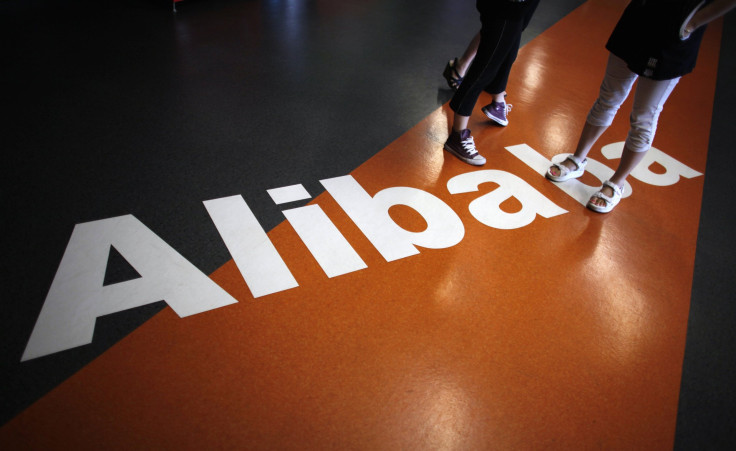Chinese IPO: JD.com, Alibaba And IQiyi Expected To List In US In 2014

Once upon a time, Chinese companies rushed to go public in the United States, but in 2011, the market was slammed shut following accounting problems at those companies. Since then, very few Chinese companies have listed in the New York exchanges, but all have proven very successful, unlike their predecessors. Here are the companies that may join the likes of LightInTheBox Holdings Co. Ltd. (NYSE:LITB) and Vipshop Holdings Ltd. (NYSE:VIPS) in 2014, the ICEO, a Chinese website that covers Chinese entrepreneurs, reported on Saturday.
JD.com
The Chinese B2C retailer filed with the U.S. Securities and Exchange Commission to raise $1.5 billion on Jan. 30, in what would be the biggest IPO by a Chinese Internet company in the U.S. in history, according to Bloomberg. According to a December speech by Richard Liu, who founded the e-commerce company in 1998, the company plans to invest in technology research and development, the development of financial services and online-to-offline operations, expanding into low-tier Chinese cities and abroad in 2014.
The Beijing-based e-commerce giant has 35.8 million active customer accounts, and controls 38.8 percent of the Chinese B2C market, making it the largest e-commerce operator in the country. JD also posted $8 billion in revenue during the first nine months of 2013.
“They are trying to beat Alibaba in the IPO market,” said Francis Gaskins, president of IPOdesktop.com, which monitors initial public offerings, according to Bloomberg. “The question for the institutions is whether the accounting issue would be a problem for them.”
Alibaba
Jack Ma’s Alibaba has been gearing up for an IPO for the past year, while the exact date is still not set, experts expect the Chinese Internet giant will file for an IPO later this year with an estimated value of more than $150 billion, possibly making it the largest IPO ever. The company serves 618 million Web users with its e-commerce sites like Alibaba.com and Taobao.com, and posted sales of $160 billion in 2012, according to the NASDAQ.
In preparation for the IPO, Alibaba has been purchasing stakes and complete ownerships of more than 10 smaller companies in the past year, spending in excess of $2 billion. The companies include map makers, social media sites, Web browsers and logistics companies, and were bought to shore up areas of weakness for Alibaba, the Financial Times reported.
In addition, the company has undergone a series of leadership reorganizations, especially since Ma stepped down as the official head and handed reins to successor Jonathan Lu.
iQiyi.com
The video streaming site under Baidu Inc. (NASDAQ:BIDU), the operator of China’s most popular search engine Baidu.com, appointed a CFO for the first time in December, which industry experts believe is a sure sign that the company is planning to list in the U.S. in the near future.
China’s Internet video business is on a definite rise, with a projected $2.6 billion in revenue in 2014, according to Bloomberg. In November, Qunar Cayman Islands Ltd. (NASDAQ:QUNR), an online travel search site also under the Baidu banner, listed successfully in the U.S., which should give Baidu confidence in seeking an IPO for its iQiyi business as well.
© Copyright IBTimes 2024. All rights reserved.











